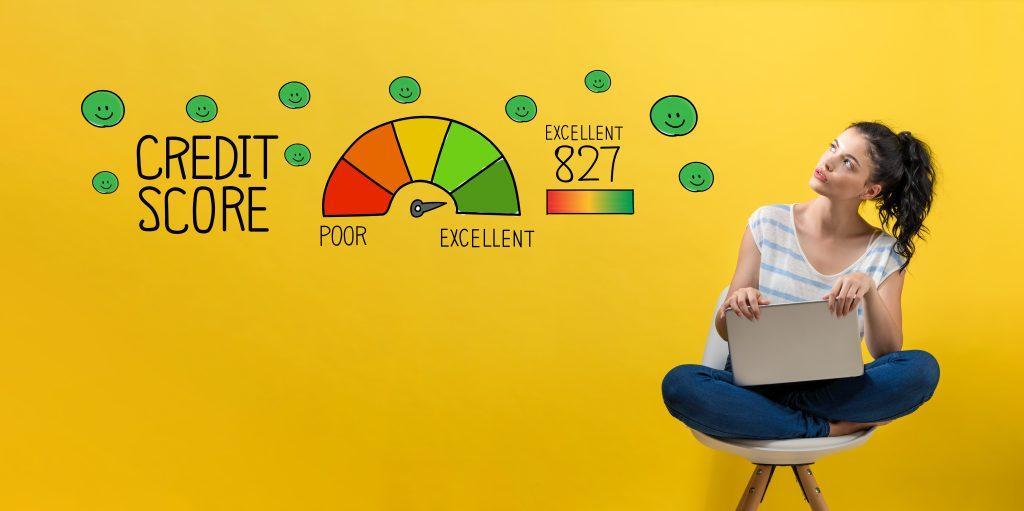Considering this score is so important, how many of us know what our credit score is right now? Do we know what factors affect whether our score goes up or down? Well, since yesterday was Get Smart About Credit Day, we want to tell you all that we can about credit to help you be “in the know” on your credit and how it affects you.
What is credit?
Credit is a way to help lenders or other third-party’s with a relation to you predict the amount of risk you may pose. The higher your credit score, the less “risky” you look when it comes to paying back a loan, paying your rent on time and it can even play a role in hiring decisions. (You will always have to consent to having your credit looked at by an employer if this is part of their hiring process.)
Your credit score is made up of 5 different factors, all are weighted differently:
- Payment History 35%
- Amounts Owed 30%
- Length of Credit History 15%
- New Credit 10%
- Types of Credit Used 10%
Made a late payment on a loan or bill? That could negatively impact your score. Paid off all your credit card debt? That could positively impact your credit score.
How do I check my credit score?
We have all this talk about what can affect your score positively or negatively and how your score can affect you, but it all starts with knowing what your credit score is at the moment. How do you check your score? There are a few ways. Many credit card companies and financial institutions now offer credit monitoring and credit score updates. For example, with HFS Online Banking there is a feature called SavvyMoney which, once you sign up for it, is completely free and gives you credit score updates, credit monitoring and tips on how to improve your credit score.
Being informed on not only your credit score, but the reasons that contribute to it are very important at improving or maintaining a great score. There are also dedicated apps to monitor your credit score, like Credit Karma, or budgeting apps that also offer monitoring. Just be sure that the app or organization is trustworthy before you provide any of the information they’ll need to pull your credit score.
Will checking my credit score cause it to go down?
There are two different types of credit pulls, a soft pull or a hard pull. A hard credit pull comes when you apply for any type of credit and a lender pulls your score to determine your creditworthiness. This does affect your credit score, which is why you don’t want to apply for a lot of credit in a short amount of time. A soft pull is something like SavvyMoney that I mentioned above. That does not affect your credit score.
What if I have a zero credit score?
Having a zero credit score is definitely possible if you don’t have any credit history – so no loans, no record of payments, no credit cards etc. You see this many times with young adults fresh out of high school or college who have not established a credit history.
How do I establish credit?
In order to establish credit, you’ll have to apply for credit (like credit cards and loans) and start to establish a payment history. One safe way to start is with a secured credit card or secured loan, which uses your own funds as the collateral for a loan or credit card. For example, if you put up $500 of your savings as backing for a credit card (this amount will be frozen and not available for use) with a limit of $500, you can use this to start establishing your credit, but with the safety net of that savings amount used as collateral. Just be sure that you are paying off your card in full and making payments on time.
Credit can be a tricky and lengthy subject since there are so many factors that can affect it. Establishing good habits like making your payments on time, making payments in full, not running up balances on credit cards can all help towards creating and maintaining a good credit score. Need a little extra help with your score? Try asking your financial institution if they have a financial advisor or even a loan officer that can speak with you and provide advice for improving your credit health!

